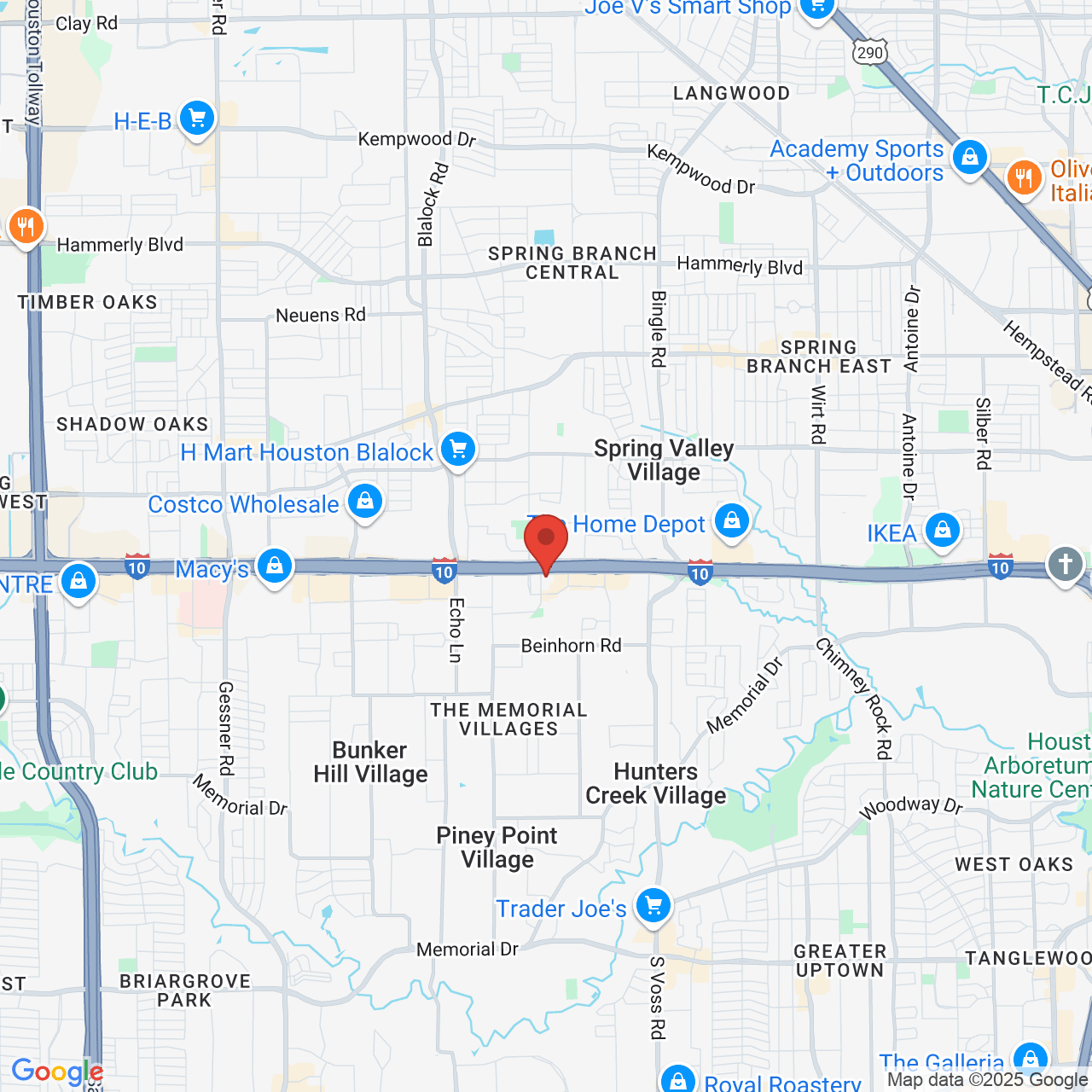Luteal Phase Defect
One often-overlooked cause of infertility is a luteal phase defect.
A short luteal phase can mean your uterine lining does not have enough time to thicken and support an embryo.
Learn more about luteal phase defects and how Dr. Sonja Kristiansen can treat this issue at our fertility clinic in Houston, TX.
Understanding the Luteal Phase in the Menstrual Cycle
The luteal phase typically occurs after ovulation, around day 15 of the menstrual cycle, and lasts until your period begins. During the luteal phase of a normal menstrual cycle, the hormone progesterone is produced to prepare the lining of the uterus for pregnancy. A thickened uterine lining is crucial for the fertilized egg to implant and grow.

What Is a Luteal Phase Defect?
A luteal phase defect, also known as LPD, occurs when a woman's body fails to produce sufficient progesterone, or when the uterus fails to respond to the progesterone levels in the body. In both cases, the uterine lining doesn't thicken correctly. This can cause issues such as infertility (the inability to conceive) or miscarriage.
What Can Cause a
Luteal Phase Defect?
There are several factors that can cause a luteal phase defect and fertility struggles, including:
- Endometriosis
- Excessive Exercise
- Anorexia
- Polycystic Ovary Syndrome (PCOS)
- Obesity
- Thyroid Disorders
- Hyperprolactinemia
- Stress
What Are the Symptoms of a
Luteal Phase Defect?
Not everyone will show symptoms if there is an issue with their luteal phase. Many women do not realize they may have a luteal phase defect until they start tracking their ovulation cycles and notice the time between ovulation and menstruation is shorter than typical.
When symptoms are present, they may include:
- Unexplainable difficulty conceiving/ infertility
- Premenstrual spotting
- Short menstrual cycles, lasting less than 26 days
- Repeat early miscarriage
- Premenstrual syndrome (PMS)
How Is a Luteal Phase Defect Diagnosed?
There is no single test to identify a luteal phase defect and associated infertility. Your fertility specialist may use blood tests to measure your hormone levels, including your progesterone, follicle-stimulating hormone (FSH), and luteinizing hormone (LH) levels. Your doctor may also recommend an ultrasound to examine the thickness of the uterine lining, or endometrial biopsies to better understand your menstrual cycle.
Sonja B. Kristiansen is an expert at identifying the root cause of infertility. Whether you suspect a luteal phase defect after tracking your cycle or you're just beginning your fertility journey, she will help provide knowledge, care, and support on your path to parenthood.

Luteal Phase Defect Treatment
5-Star Reviews For Our Houston Fertility Clinic
From the very first phone call the staff was very patient and informative. I was given so much to work with and didn't feel rushed. All of my follow-up questions were answered as well. I will update my review over time.
View on this siteI love this place and Dr. K has a high success rate. This is why I initially went to her clinic. They don’t treat you like a business but it’s very personal. I was successful on my first IVF attempt and had a healthy baby girl. I will be using her for my next baby when I’m able. Highly recommended.
View on Google

